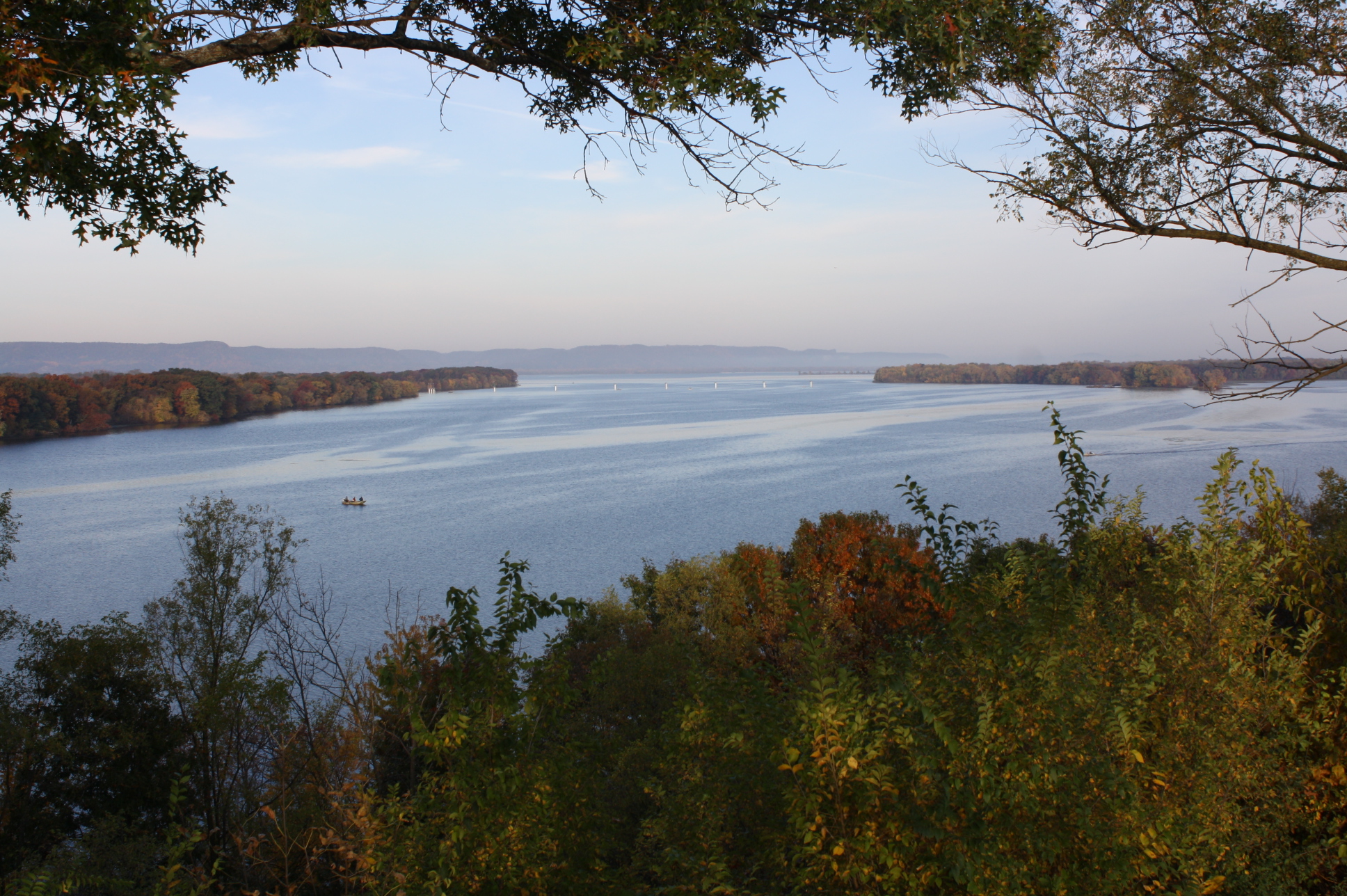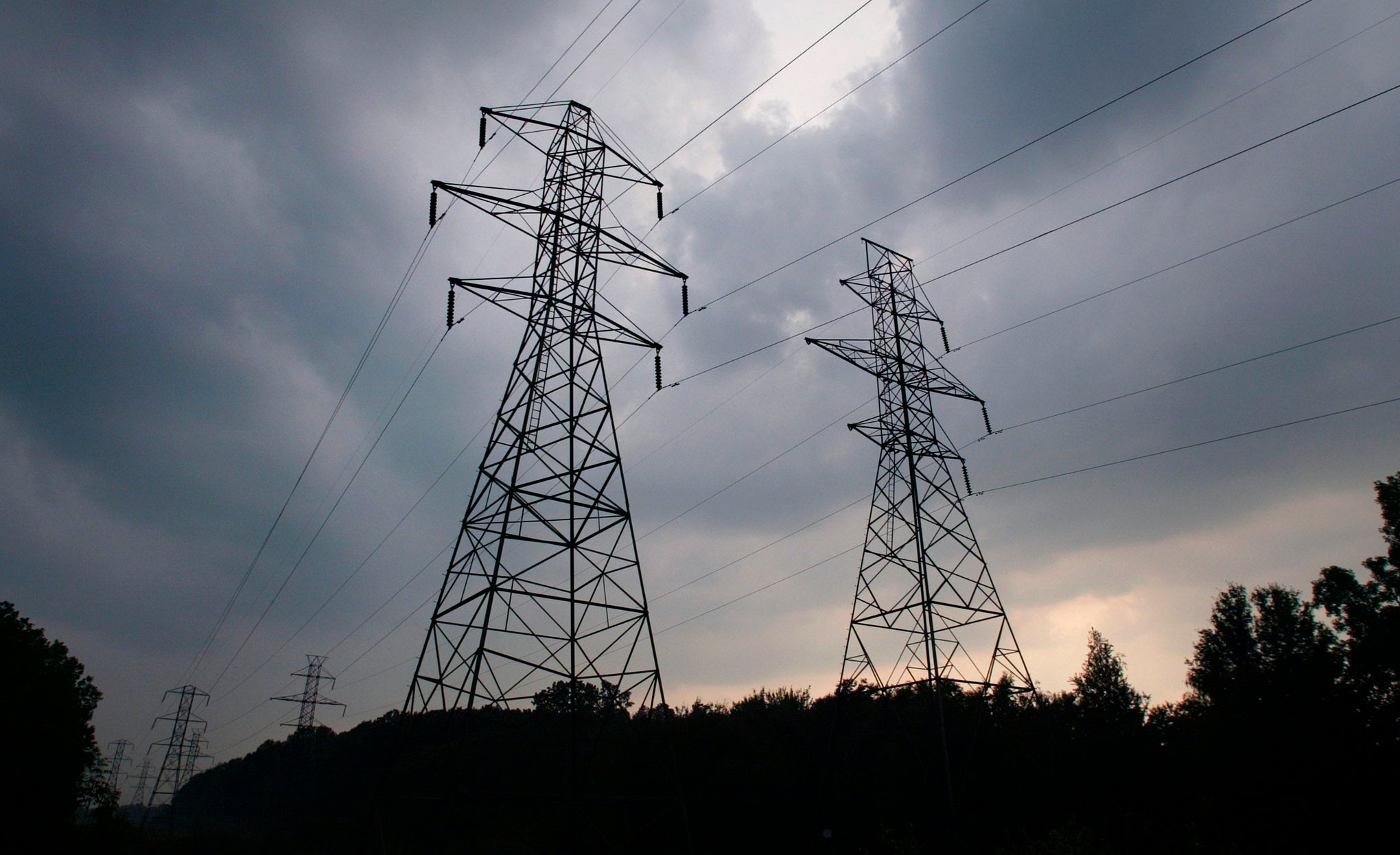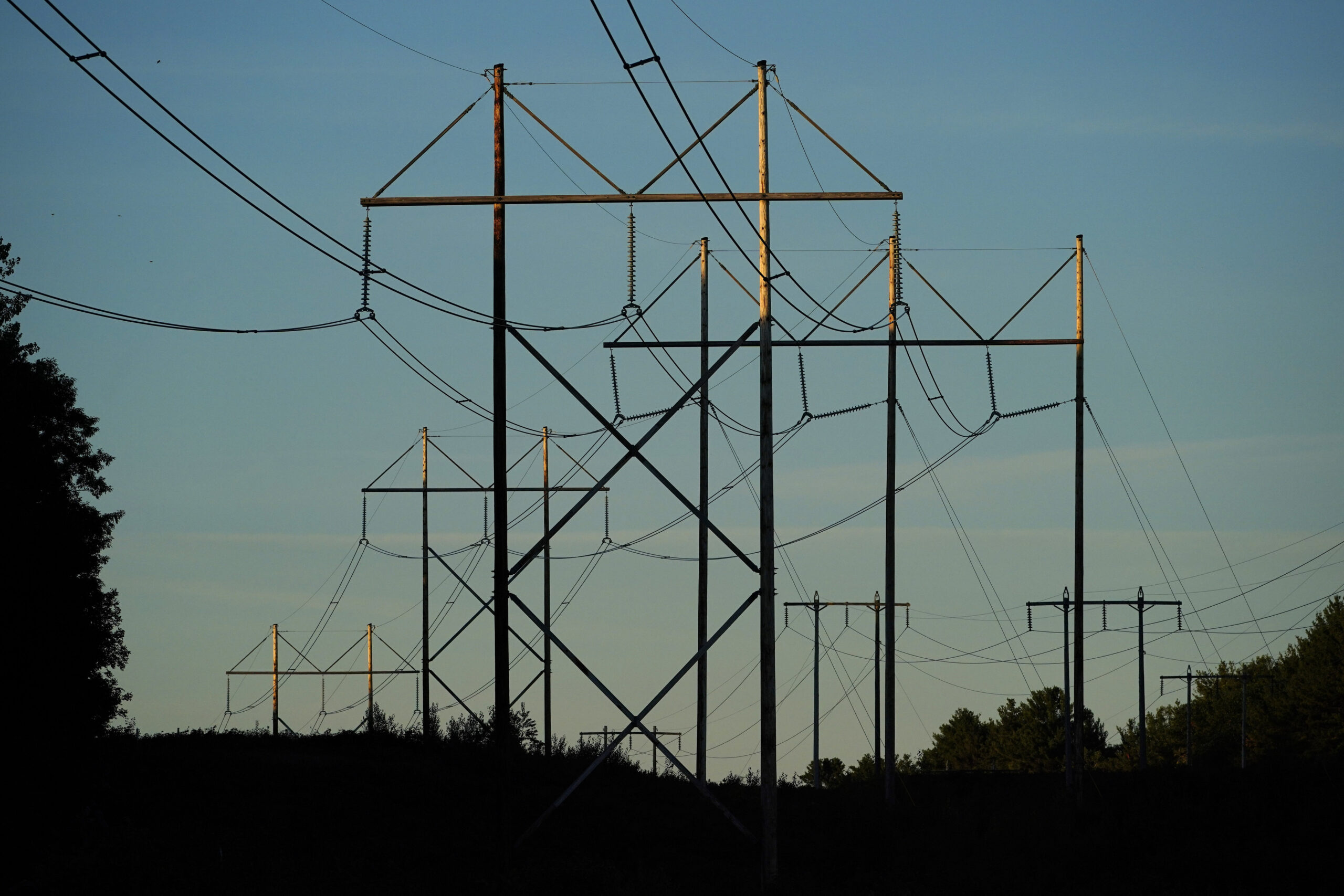The Public Service Commission has unanimously approved the construction of a roughly 100-mile transmission line through southwestern Wisconsin.
The Cardinal-Hickory Creek project is expected to cost more than $500 million and create between $23 million and $350 million in economic benefits to Wisconsin over its 40-year lifespan.
PSC Chairwoman Rebecca Valcq said to characterize their decision on the project as difficult was an understatement.
Stay informed on the latest news
Sign up for WPR’s email newsletter.
“It was not easy and I went back and forth, but for me the risks of not building this line and being wrong are just too great,” said Valcq. “I’m voting for the project to ensure energy reliability in our region and access to lower cost clean energy can be achieved.”
Commissioner Mike Huebsch also noted the difficulty of the decision and its potential impacts on ratepayers and landowners.
“The economic and reliability benefits of this project outweigh the costs to Wisconsin ratepayers,” said Huebsch. “It is the last leg and will complete the 17-piece multi-value project approved by MISO — the Midcontinent Independent System Operator, which will provide energy cost savings as it relates to congestion.”
Huebsch said the project represents the best option to provide safe, reliable and affordable electricity while moving toward a goal of carbon-free electricity.
American Transmission Company, Dairyland Power Cooperative and ITC Midwest proposed construction of the 345-kilovolt power line from Dane County to Dubuque County, Iowa. The three electric providers said they were pleased with regulators’ decision on Tuesday.
“We look forward to moving ahead with the project and providing that increased access to renewable energy, the reliability that it will bring to the grid and also lower cost,” said Katie Thomson, spokeswowman for Dairyland Power.
Ratepayers in Wisconsin will pay for about 15 percent of the project or up to $72 million. Renewable energy supporters say the transmission line will reduce congestion that limits access to energy from sources out west.
Opponents to the Cardinal-Hickory Creek transmission line say the cost of the project outweighs the benefits given its impacts to the Driftless Area and ratepayers.
“This line will have direct environmental impacts. It will have direct impacts to our tourism economy. It will have direct impacts to the agricultural economy,” said David Clutter, executive director of the Driftless Area Land Conservancy. For the folks of southwest Wisconsin, this is a huge loser.”
Clutter said the lands they protect will be affected by climate change, but he said the line will deliver energy from wind along with other sources like coal and natural gas. He said the PSC is undermining development of renewable energy in Wisconsin with the decision, adding that wind, solar and battery storage should be developed within the state.
Clutter added a coalition of groups, including the Driftless Area Land Conservancy and Wisconsin Wildlife Federation, are likely to appeal the decision and launch a challenge in federal court.
The Citizens Utility Board (CUB) also opposed the project, noting the cost of solar and battery storage has come down. The consumer advocate also pointed to a joint filing by the attorneys general of Illinois and Michigan recently that raised concerns over the cost of the project.
“There are serious questions about whether the benefits will be realized and so that gave CUB pause, but it also gave the attorney generals in Illinois and Michigan pause,” said Tom Content, the board’s executive director.
Wisconsin lawmakers also weighed in on the decision, including Sen. Jon Erpenbach, D-West Point.
“Unfortunately, many of our concerns and questions regarding this transmission line remain unanswered,” wrote Erpenbach in a statement. “This project may have substantial impacts on rates and fixed fee increases for electric customers overall, while affecting numerous farms, properties and habitats.”
The route of the proposed transmission line, which would cross the Mississippi River and the Upper Mississippi National Fish and Wildlife Refuge, will depend on which option is authorized by the U.S. Fish and Wildlife Service and the U.S. Army Corps of Engineers. The commission noted their preference for a new crossing at the Nelson-Dewey substation that doesn’t follow existing transmission lines.
According to the project website, the utility companies started the application process in 2016. The companies hope to begin construction in 2021 and have the line in service by 2023. A written order outlining conditions on the project from the PSC is expected by the end of September.
Editor’s note: American Transmission Company is an underwriter of Wisconsin Public Radio.
Wisconsin Public Radio, © Copyright 2024, Board of Regents of the University of Wisconsin System and Wisconsin Educational Communications Board.





